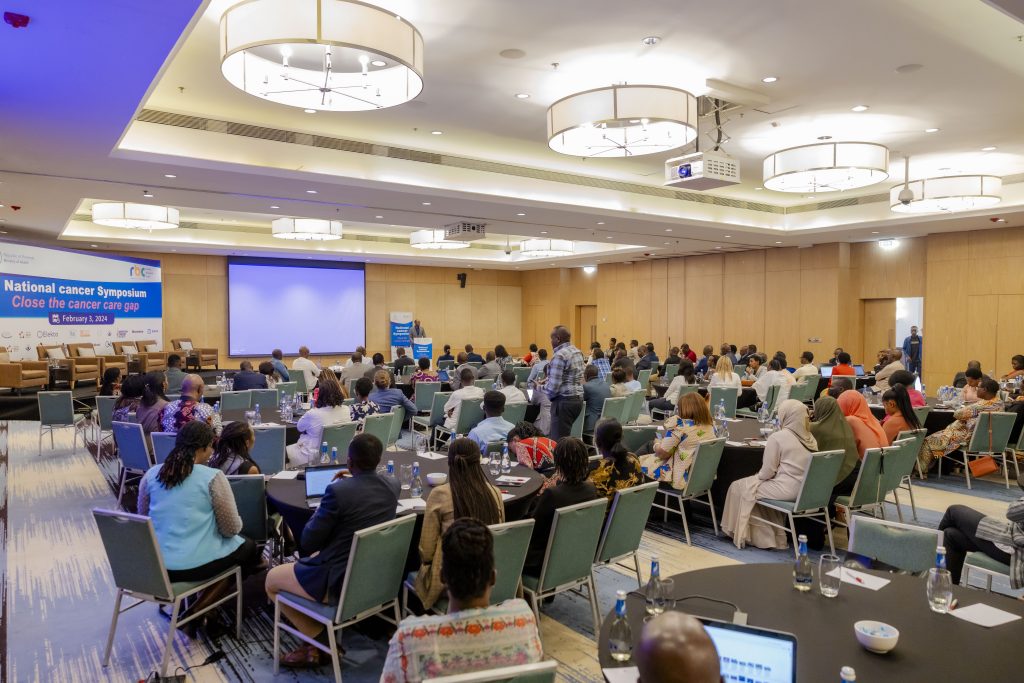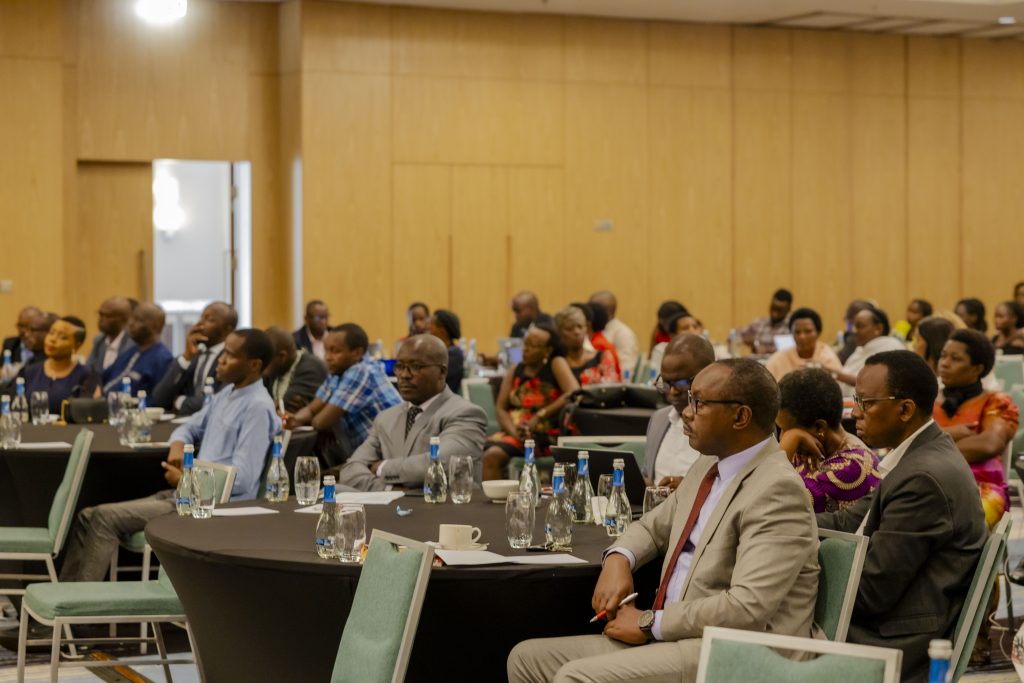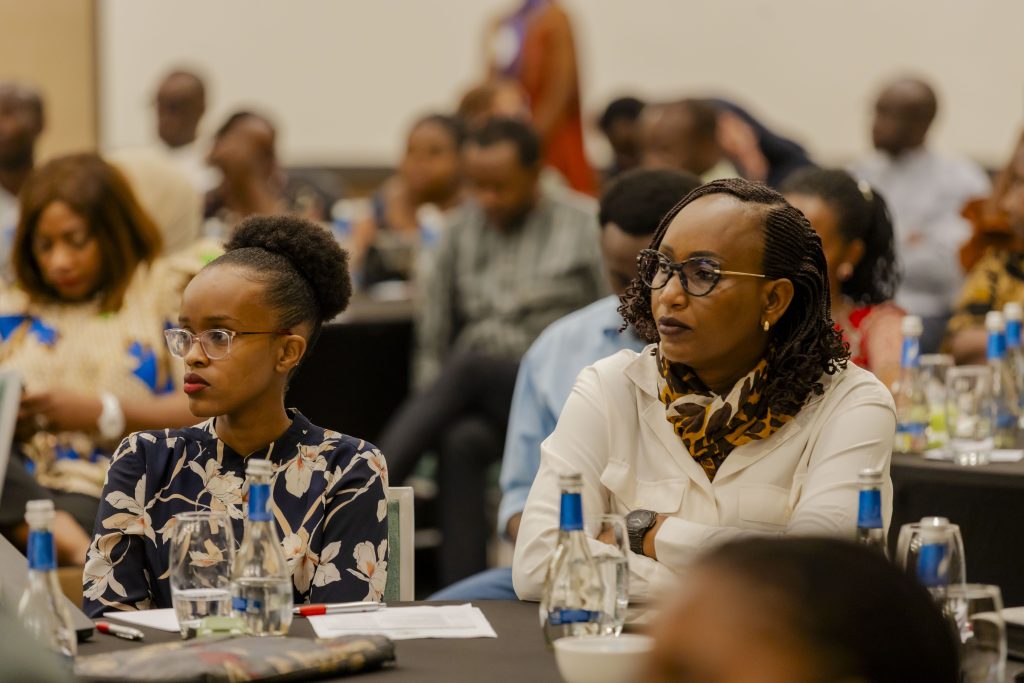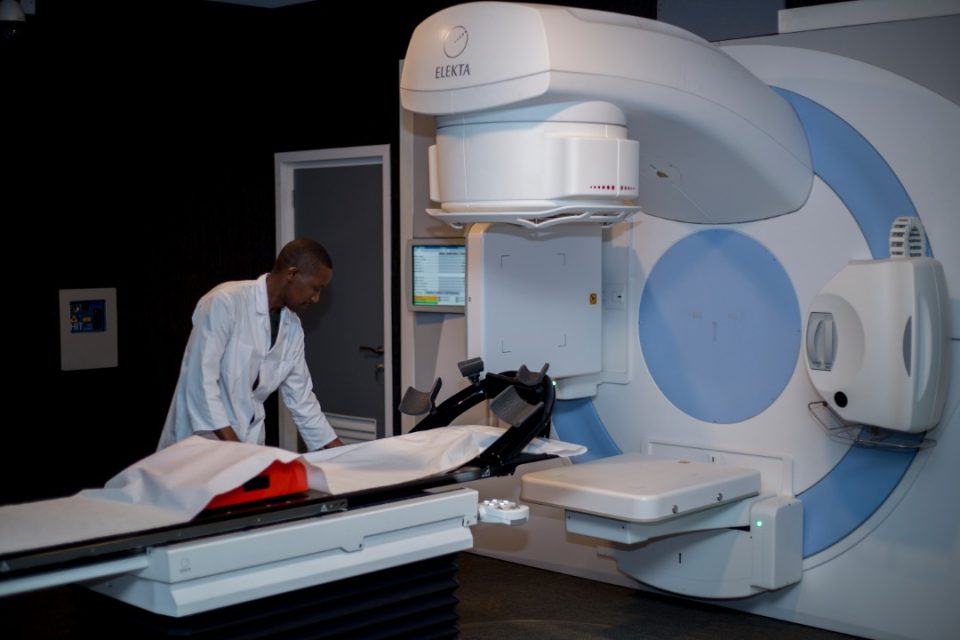Ahead of World Cancer Day on February 4, in the National Cancer Symposium, the Ministry of Healthy in Rwanda says it aims at completing cervical cancer screening in 2 years.
In 2022, there were an estimated 20 million new cancer cases and 9.7 million deaths globally.
In Rwanda, cervical cancer is the second most common cancer in adults, with 1229 new cases and 921 deaths in 2020 according to Globocan.
However, data from Rwanda cancer registry show that in 2022, 617 cervical cancer cases were diagnosed, representing 50% of expected cases.
Dr NSANZIMANA Sabin, the Minister of health in Rwanda says that more than 50% of people with cancer don’t even know they do.
He highlights that the most common cancers in Rwanda are cervical and breast cancers in women, and prostate cancer in men, but efforts are being increased.
” On the leading cervical cancer, which claims more lives, there’s hope that we will overcome it. with the HPV vaccine that we have been giving to young girls and old women for 10 years now. ” Dr Nsanzimana said.
” We are screening a lot of people for early detection. we are conducting HPV/DNA in almost all districts now, though it was very expensive at first. we are looking to screening women who didn’t have a chance to get the vaccine, detect the cancer early and cure it, in one or two years. “, he added.
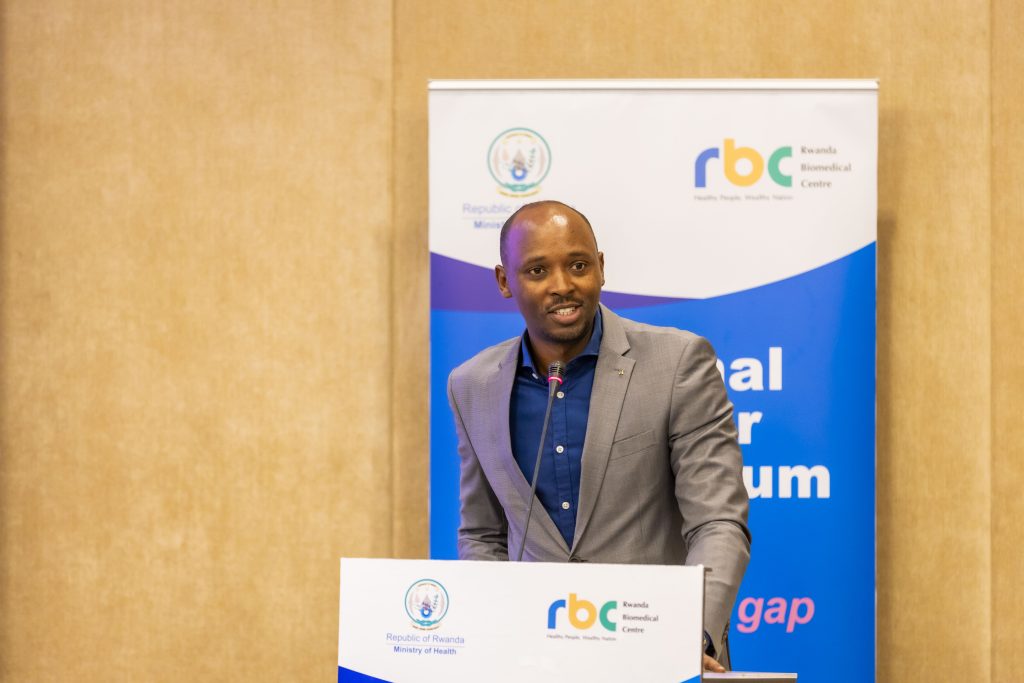
in five years, from 2018 to 2023, 372,904 women were screened from the eligible 1,571,768 women, making it only 24%.
On breast cancer, Dr Nsanzimana said that when detected early, it can be cured on a 80% rate.
This cancer doesn’t have a vaccine yet, but women are advised to self screen for this type of cancer.
Global estimates reveal striking inequities in the cancer burden according to human development. this is particularly true for breast cancer.
In countries with a very high HDI, 1 in 12 women will be diagnosed with breast cancer in their lifetime, and 1 in 71 women die of it.
By contrast, in countries with a low HDI , while only one in 27 women is diagnosed with breast cancer in their lifetime, one in 48 women will die from it.
In prevention of cancer, the message was given that 40% of cancers can be prevented through physical exercise and proper diet, as the minister said.
In terms of the absolute burden, high HDI countries are expected to experience the greatest absolute increase in incidence, with an additional 4.8 million new cases predicted in 2050 compared with 2022 estimates. Yet the proportional increase in incidence is most striking in low HDI countries (142% increase) and in medium HDI countries (99%). Likewise, cancer mortality in these countries is projected to almost double in 2050.
